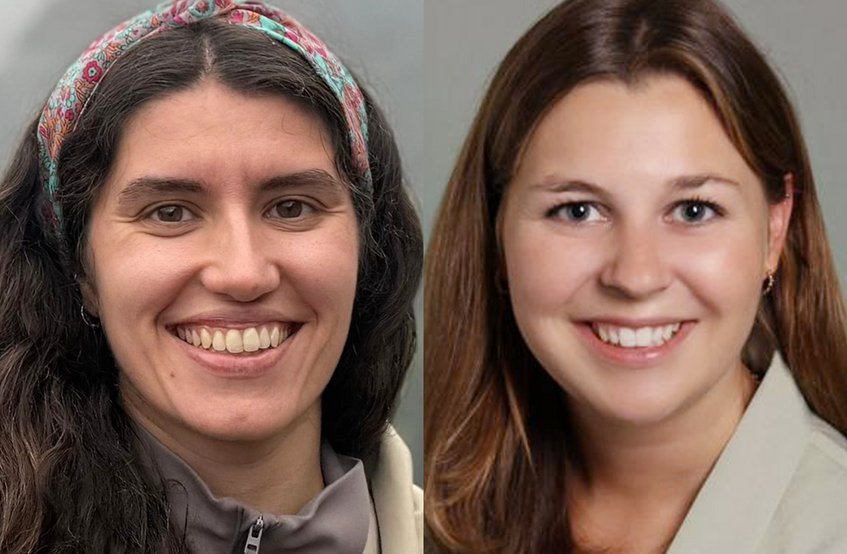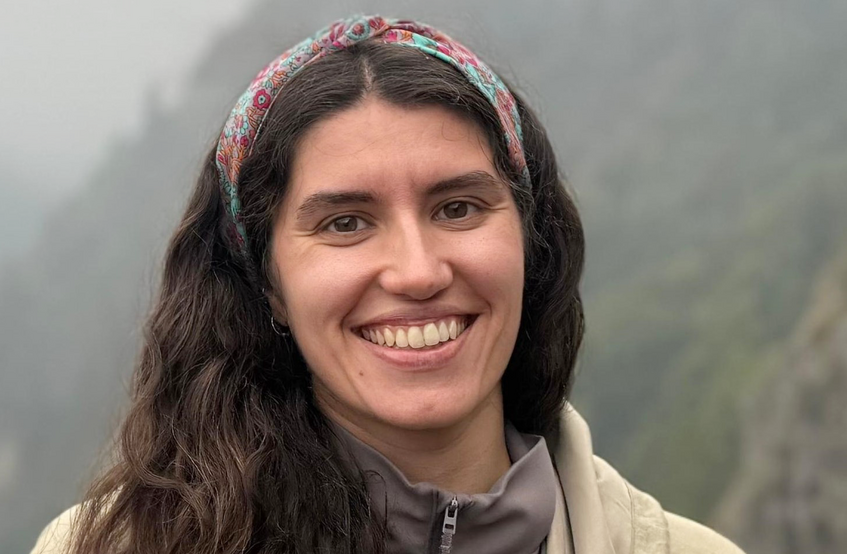sowi:docs Fellows 2025
sowi:docs is the doctoral fellowship programme of the ViDSS. sowi:docs Fellowships give outstanding doctoral candidates in the social sciences the opportunity to devote full-time effort to their research and to writing their doctoral thesis in the vibrant research environment of ViDSS.
We welcome our new sowi:docs Fellows starting in early 2026:

Léa Dudouet
Datafied bodies: Exploring the sociotechnical meanings of fertility tracking and reproductive decision-making in Austria
Research field: science and technology studies
Supervisor: Sarah Davies

This research explores how individuals mediate reproductive decision-making and gendered understandings of responsibility through their use of fertility tracking apps and related wearable technologies. These digital tools allow users to track ovulation, predict their fertile window, and make informed conception and contraceptive decisions. While most existing literature focuses on the efficacy of fertility tracking apps, little attention has been given to the role of materiality and embodiment in the use of this technology. Drawing on feminist technoscience and feminist new materialism, this research seeks to foreground the sociotechnical and material-discursive dimensions of digital reproductive health tools by asking: (1) How do users navigate reproductive autonomy and decision-making through fertility tracking apps? (2) How is reproductive responsibility negotiated through fertility tracking apps and within users’ relationships and social contexts? (3) How do fertility tracking apps mediate understandings of reproductive health, risk, and responsibility, and how do users respond to these messages? Using a mixed-methods approach, this research includes a digital ethnographic analysis of app interfaces, marketing materials, and user-generated content on social media and online forums to understand the gendered narratives embedded in these technologies. In addition to this, 25-30 interviews would be conducted with fertility app users in Austria, including those trying to conceive, avoiding pregnancy, or tracking for health reasons. Participants would also be invited to keep app usage diaries and share screen recordings to capture how embodied experiences of fertility are coconstructed through and with this technology.
Clara Lerch
Framing climate migration: The influence of political and media discourse on public perception and policy making in three European Member States
Research field: communication
Supervisor: Hajo Boomgaarden

Climate change is increasingly recognised as a significant driver of human mobility. However, climate-induced migration is often framed through securitised and racialised narratives – particularly in the Global North – that obscure its humanitarian dimension. Political and media discourses shape public perceptions, influencing notions of national identity, political orientation, and the perceived legitimacy of displaced populations. These framings often constrain the development of progressive migration policies. Despite its growing relevance, limited research exists on how such narratives shape public opinion across EU Member States. Empirical insights into the construction of these discourses and their policy impact remain scarce. Against this backdrop, this cumulative dissertation asks: To what extent do political and media debates influence public perceptions of climate migration in three selected European Member States? Grounded in framing theory and using a multi-method design, the dissertation comprises four interrelated studies. The first applies a multilingual corpus analysis, combining qualitative coding and computational methods to trace evolving narratives. The second is a cross-national survey investigating cognitive, ideological, and demographic determinants of attitudes. The third study uses an experimental survey to assess how different framings affect support for climate migrants. The fourth involves expert interviews at the EU level to explore how policy actors interpret climate migration and the role of public discourse in shaping decisions. Together, these studies offer a nuanced understanding of the interplay between discourse, perception, and policy in the context of climate-induced migration.
